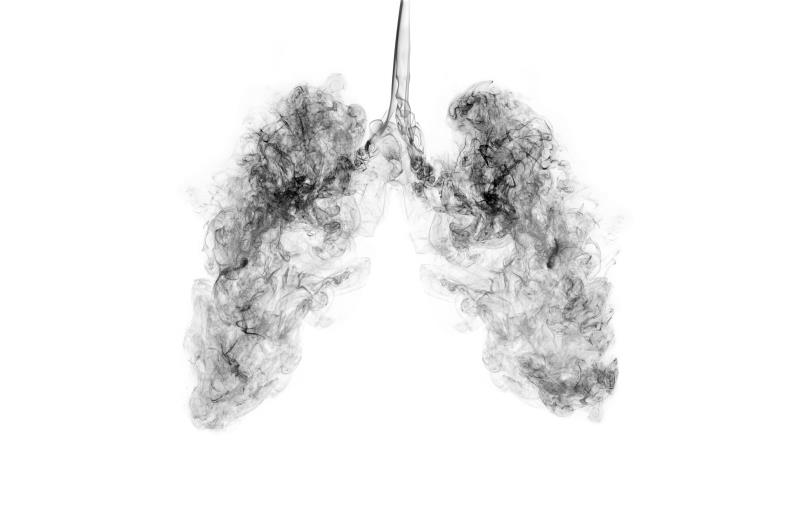
Among patients with COVID-19, those with underlying respiratory diseases, particularly chronic obstructive pulmonary disorder (COPD), and tobacco users are likely to have severe outcomes, according to the results of a systematic review and meta-analysis.
Researchers pooled data from 22 articles that examined the severity of COVID-19 outcomes in relation with the prevalence of chronic respiratory diseases and/or smoking. Most of these studies were conducted in China (95 percent).
The total population comprised 13,184 patients (55 percent male) with confirmed COVID-19. A severe outcome was defined as worsening of clinical symptoms presented at admission or meeting various criteria compiled in existing clinical guidelines, ICU care requirement, or death. These outcomes were more frequently seen among older patients and among men (63 percent vs 51 percent).
Twenty-one studies reported the prevalence of respiratory diseases (n=12,976), with COPD being the most common. One study also reported pulmonary tuberculosis and asthma. These diseases were more frequently seen in patients with severe than nonsevere COVID-19 (12 percent vs 4 percent).
Meanwhile, 13 studies documented the prevalence of current smoking (n=9,440), and four of them also reported a high number of patients who were former smokers (n=8,136). Current and former smoking were more likely to be reported among patients with severe than nonsevere COVID-19 (13 percent vs 6 percent and 6 percent vs 3 percent, respectively).
Random-effects regression analysis confirmed the association of respiratory diseases and smoking with poor outcomes. The odds of having severe COVID-19 were four times higher in the presence of COPD (vs no respiratory disease; odds ratio [OR], 4.21, 95 percent confidence interval [CI], 2.9–6.0) and about two to three times higher among smokers (vs never smokers; current smokers: OR, 1.98, 95 percent CI, 1.16–3.39; former smokers: OR, 3.46, 95 percent CI, 2.46–4.85).
The findings may guide the planning of preventive interventions and help improve the assessment and management of patient risk factors in clinical practice, according to the researchers, hopeful that this could lead to the mitigation of severe outcomes in patients with COVID-19.